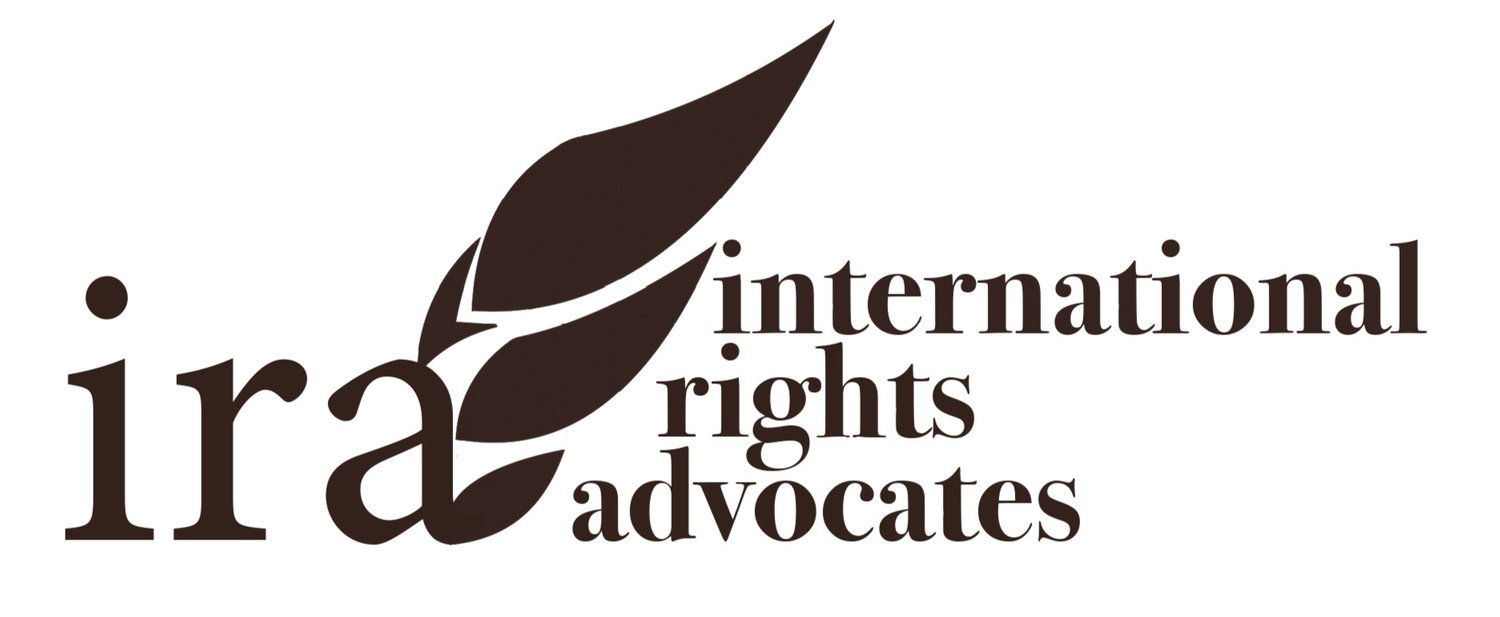Post-Kiobel Roundup
By Taylor Anvid, Georgetown J.D. candidate, 2014
The Kiobel decision ignited a flurry of discussion focused on dissecting the opinion from every angle and predicting the impact of this watershed case. The centerpiece of this discussion has been trying to understand the limits of the presumption against extraterritoriality, determining what the phrase "touch and concern" entails, and identifying when the presumption can be overcome.
As an initial matter, several commentators criticized Kiobel’s reliance on the presumption against extraterritoriality. Professor Anthony Colangelo argues that Congress overturned the judicially imposed presumption to laws outlawing piracy when the definition was revised to confer jurisdiction "as defined by the law of nations.” Because the ATS contains this same "law of nations" language, it follows that it should be interpreted the same way. Professor John Knox also highlighted the flaws in the Court’s analysis, succinctly arguing that extra jurisdictionally came before the idea of extraterritoriality and cases involving the former are now erroneously cited to support the later. Knox believes the real motivation underlying the Court's use of the presumption is the conservative justices' dislike of the aggressive use of federal law.
Supporters of the decision, including Professors Meir Ferder and Julian Ku, as well as John Bellinger (who wrote an amicus in support of Royal Dutch Petroleum) view the Court's ruling as an important limitation on judicial overreach in an area traditionally reserved for the political branches. They argue the majority was very clear in its desire to limit the ATS and there is little wiggle room left to hear such cases. In their view, because the presumption focuses the analysis on the location of the relevant conduct and not the citizenship of the defendant, Kiobel bars plaintiffs from seeking relief for any violations of the law of nations occurring outside the United States.
Many other law professors and human rights practitioners, including IRAdvocates’ own Terry Collingsworth, disagree with the Kiobel majority and argue Justice Breyer’s concurrence took the more reasonable approach, but that even under the majority’s opinion, the ATS is not dead. Professor Oona Hathaway, for example, reads the opinion as leaving the door open for “foreign squared” ATS cases. And Professor Thomas Lee suggests cases which may sufficiently “touch and concern” the U.S. include when there is a treaty provision, where the U.S. is compliant in the violation outside the U.S., or perhaps in in terra nullius circumstances, like failed states.
ATS detractors, like John Bellinger, see the door as closed but “unlocked”; where in order to displace the presumption some element of the claim’s conduct must occur in the United States. But Professor Donald Childress takes an even narrower approach, believing it is Justice Alito’s concurrence, joined only by Justice Thomas, which will “serve as a model for lower court judges writing future opinions in the area, even if it could not command a majority at the Court.” Under that concurrence, it is unlikely cases will succeed under the ATS if only part of the acts occurred in the U.S. which led to injury in a foreign country.
If the doors of the federal courts are indeed closed to ATS litigation, Professor Roger Alford argues human rights practitioners will likely move their cases into state courts. If territoriality is the new standard, reliance on international law should be diminished and practitioners should look instead to the more favorable domestic laws which capture the same conduct. Transnational tort litigation may be more promising because: (1) tort laws are almost universal, (2) there are lower thresholds to apply them than under international law, and (3) corporate assessorial liability for aiding and abetting human rights abuses is largely irrelevant when pursuing claims for transnational courts. What matters instead is whether the defendant knew or should have known that its conduct would cause harm. Additionally, state tort claims could avoid the higher federal pleading standards of Twombly and Iqbal. Overall, as Donald Childress states, transnational tort litigation is likely to result in federal, state, and foreign courts competing to regulate human rights.
A final group of viewpoints take a more bird's eye approach to the problems stemming from Kiobel. Professor Austen Parrish perceives this case as the U.S. taking a stance on whether human rights problems should be addressed unilaterally vs. multilaterally. He sees Kiobel as support for the multilateral approach as well as a vindication of human rights because it leaves the door open for any court in any nation to assert authority to right the world's wrongs, not just the United States. Julian Ku, amongst others, applaud the decision because they understand the case as putting to rest the idea that the ATS could be read as a grant of universal jurisdiction. Yet another angle comes from associate professor Milan Markovic who looks past the jurisdictional issues to how Kiobel can influence discovery proceedings. He argues that Kiobel would be a Pyrrhic victory if to dismiss ATS claims, corporate defendants must subject their officers and directors to depositions to determine to what extent they contributed to human rights violations abroad.
As many of the commentators have noted, none of these questions will likely be answered for years to come and until then, both sides will continue to battle out these issues in the lower courts. The only thing commentators agree on is, right or wrong, Kiobel likely closes off a significant portion of human rights cases heard in federal courts. Already there have been several ATS dismissals post-Kiobel. But at least one case involving a terrorist attack in Kenya was allowed to proceed. The district court in Mwani reasoned “if any circumstances were to fit the Court's framework of ‘touching and concerning the United States with sufficient force,’ it would be a terrorist attack that 1) was plotted in part within the United States, and 2) was directed at a United States Embassy and its employees." How the Mwani decision will affect other ATS cases is remains to be seen.
Amongst all of the varying viewpoints and lingering questions post- Kiobel, perhaps the best question to end with is the one posed by Professor Beth Stephens: Is the world, or the U.S., better because of this decision?

